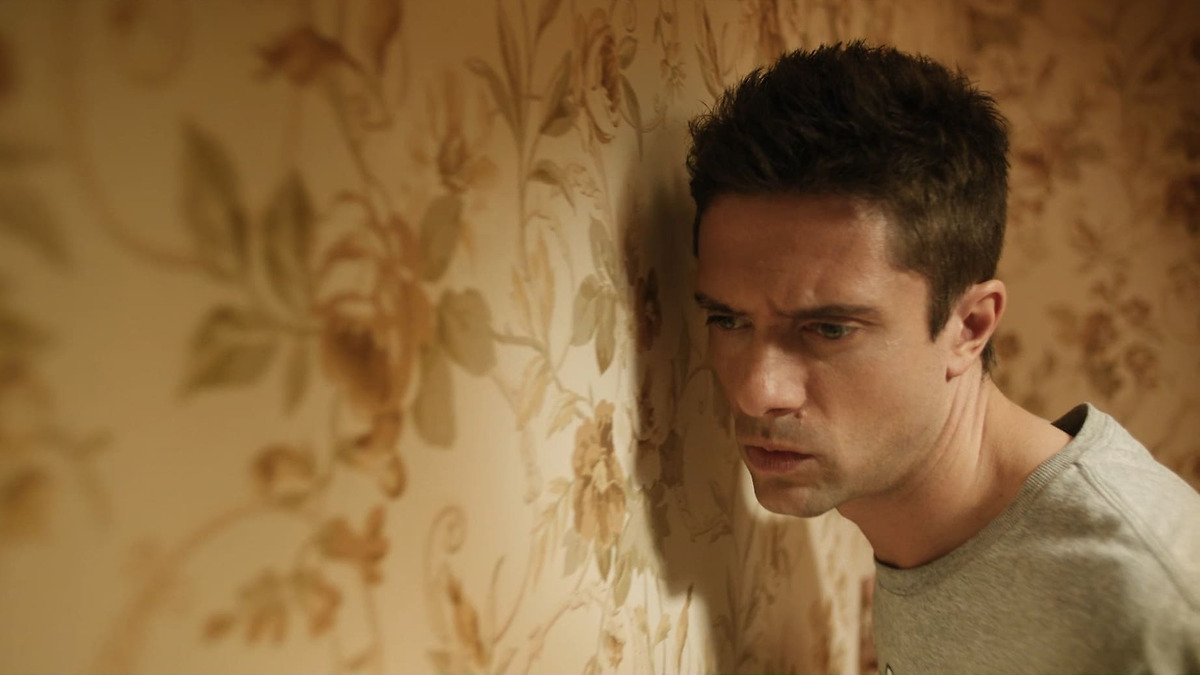He escaped the asylum—but not the memories
Delirium (2018) is a psychological thriller that blurs the fragile line between reality and illusion. Directed by Dennis Iliadis, the film follows a man recently released from a mental institution who is placed under house arrest in his childhood home—a house that holds more secrets than he’s prepared to confront.
Topher Grace stars as Tom Walker, a man with a tragic past and a fractured mind. After serving twenty years in a psychiatric facility for his involvement in a crime tied to his wealthy family, Tom returns to his family's eerie mansion. Isolated, monitored electronically, and surrounded by ghosts—both literal and emotional—Tom begins to unravel, unsure if he’s experiencing paranoia, supernatural visions, or simply the side effects of his medication.

As days stretch into nights, the walls of the house seem to close in. He hears strange noises, finds hidden rooms, and sees glimpses of people who shouldn’t be there. But no one believes him—not his parole officer, not the system, not even his estranged brother who reappears with sinister intentions. The mansion itself becomes a character, a psychological labyrinth where trauma hides behind every door.
What Delirium does best is trap the viewer inside Tom’s mind, never fully confirming what’s real. The film is more about mood than jump scares, relying on atmosphere, creeping dread, and a gradually tightening noose of uncertainty. It asks a disturbing question: If you were losing your mind, would you even know it?

The film builds toward a revelation that redefines Tom’s past—and may explain everything, or nothing at all. Either way, Delirium leaves you questioning how far guilt can stretch before it breaks you entirely.
-1754450082-q80.webp)


-1754449150-q80.webp)